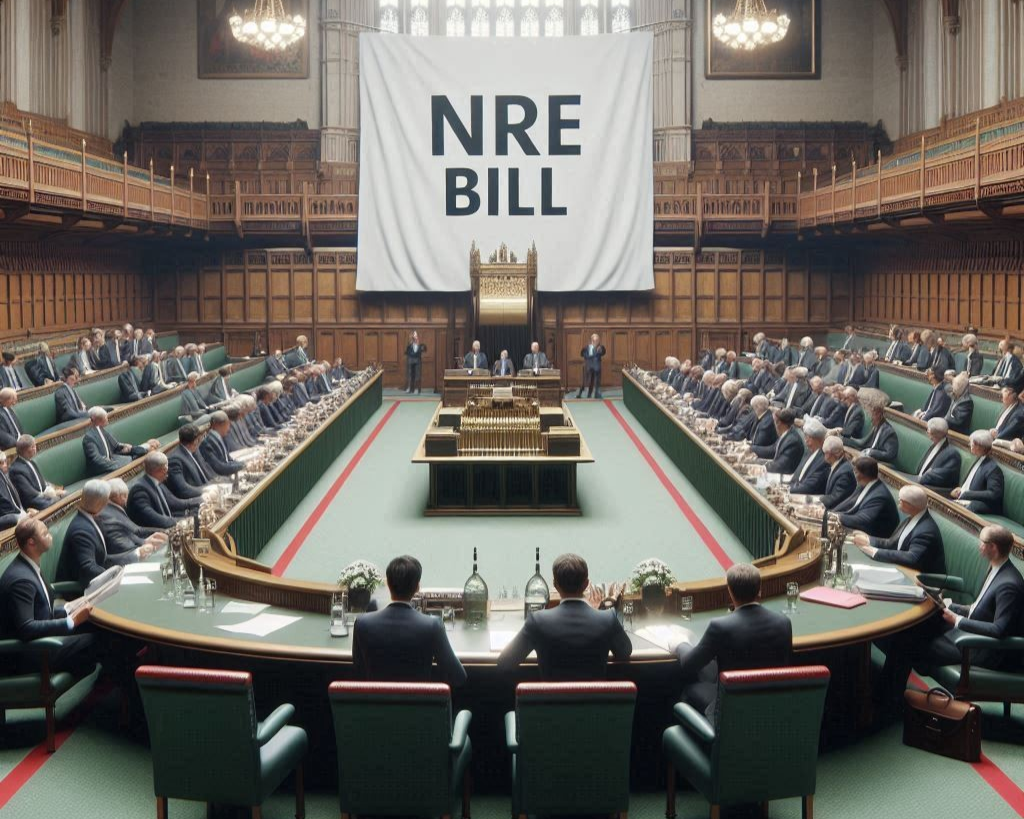
- Minister of Finance Regulation (PMK) provides a legal umbrella to support investment in renewable energy development.
- Addressing the climate crisis in Indonesia requires international partnerships to accelerate energy transition.
- NRE Bill is one of the challenges faced today, not related to resources, but bureaucracy, which is also a hindering indicator for developing countries.
Indonesia Government On The Climate Policy
The Indonesian government issued the Minister of Finance Regulation (PMK) Number 103 of 2023 on October 13, 2023. PMK No.103/2023 aims to provide fiscal support through a funding and financing framework to accelerate the energy transition in the electricity sector. Based on the Climate Policy Implementation Check 2024 assessment conducted by the Institute for Essential Services Reform (IESR).
This PMK provides a legal umbrella to support investment in renewable energy development. Also accelerate the early retirement of coal-fired power plants through the Energy Transition Platform managed by PT SMI. This regulation allows funding for the energy transition platform to be sourced from the State Budget (APBN) and other legal sources, such as international funding cooperation. This policy follows Presidential Regulation Number 112 of 2022 concerning the Acceleration of Renewable Energy Development for Electricity Supply.
Baca Juga
- Is Methane Potential Cause Greenhouse Effect after Carbon?
- Indonesia’s Trans Java Toll Could Boost Clean Energy Mix

“Financing the operational termination of coal-fired power plants through the state budget is expected to include power plants owned by PLN. The implementation of coal-fired power plants (CFPP) retirement also needs to consider several determining factors, such as the age of the CFPP, which reaches at least 20 years or has passed its economic age, the use of subcritical coal PLTU technology, which produces very high emissions and is carried out in an electricity system with overcapacity. In addition, it is also necessary to pay attention to the impact on energy security and the financing mechanism,” said Fabby The Executive Director of IESR.
Program Officer of Just Transition, IESR, Muhammad Aulia Anis said that in 2022, the climate mitigation budget allocation from the state budget for the energy and transportation sectors will reach IDR 19.5 trillion or around USD 1.3 billion. This amount shows that the government is committed to supporting the energy transition. However, this investment is still far from the amount needed to accelerate an equitable energy transition, thus requiring more public and private funding sources.
“Indonesia’s energy transition requires strategic steps that not only accelerate the use of renewable energy but also address gaps in institutions, oversight and financing. The government needs to continue strengthening collaboration with various stakeholders to realize a rapid, equitable and sustainable energy transition,” said Aulia.
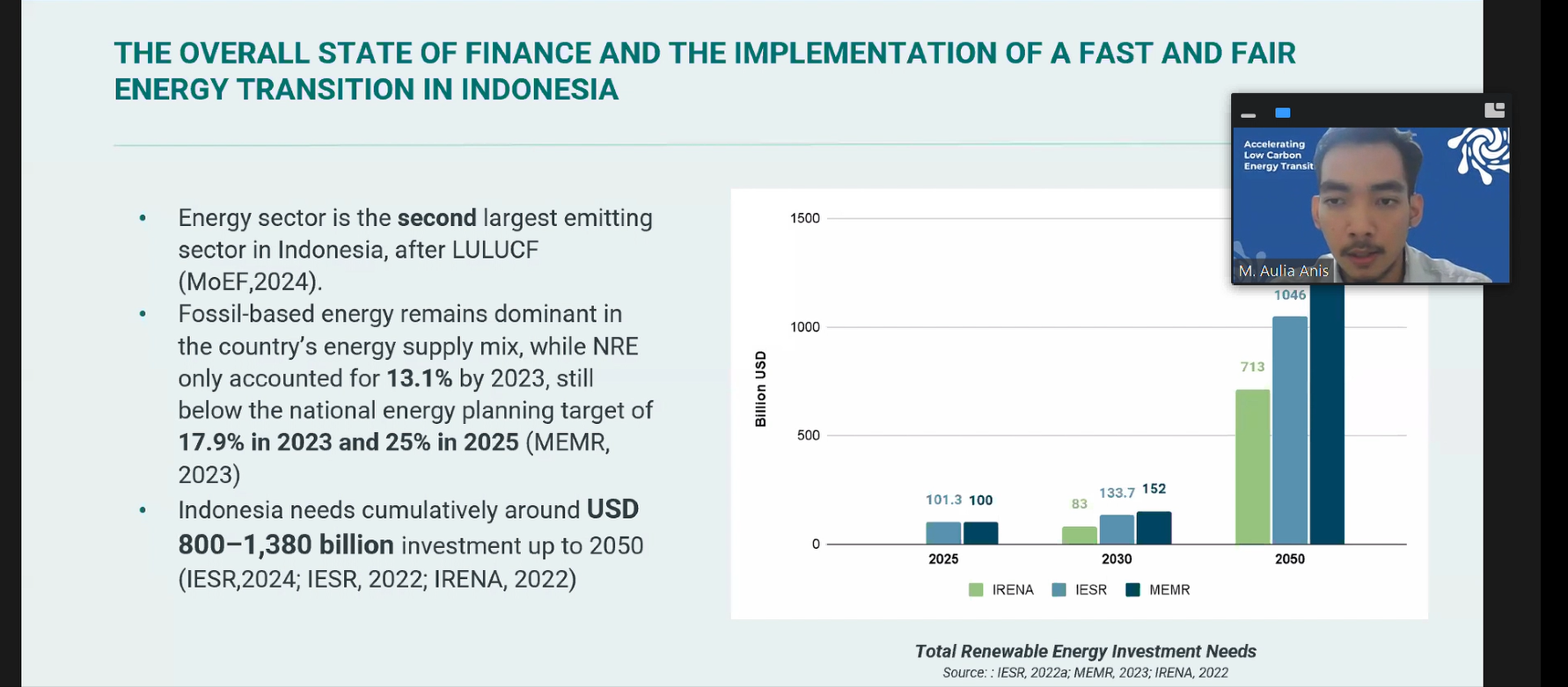
The Institute for Essential Services Reform (IESR)
Addressing the climate crisis requires international partnerships to accelerate Indonesia’s energy transition to renewable energy. The Institute for Essential Services Reform (IESR) highlights the need for Indonesia to actively create. Also seize opportunities for cooperation with countries that are rapidly advancing renewable energy. Such as China, to share technology and attract investment.
Indonesia and China have shared a cooperative relationship for 75 years, with closer ties since the launch of the Belt and Road Initiative (BRI) or Silk Road cooperation in 2013. Reflecting this strengthened collaboration, Chinese investment in Indonesia’s energy sector reached USD 8.9 million, or approximately IDR 93 trillion, from 2006 to 2022. Of this investment, 86 percent has been allocated to fossil energy, while 14 percent has been directed towards renewable energy.
Dino R. Kusnadi, Functional Diplomat Associate Expert at the Ministry of Foreign Affairs, stated that within the Belt and Road Initiative (BRI), China has prioritized Indonesia as a key partner. According to him, as a country adhering to the principle of free and active international cooperation, Indonesia has the flexibility to choose its partners, as long as they provide added value in terms of technology, infrastructure, and economic growth.
Baca Juga
- Nuclear: Clean Energy Could Be Hero For Indonesia From Coal Mining Disaster
- One Step Closer, NASA Put Nuclear Reactor On The Moon
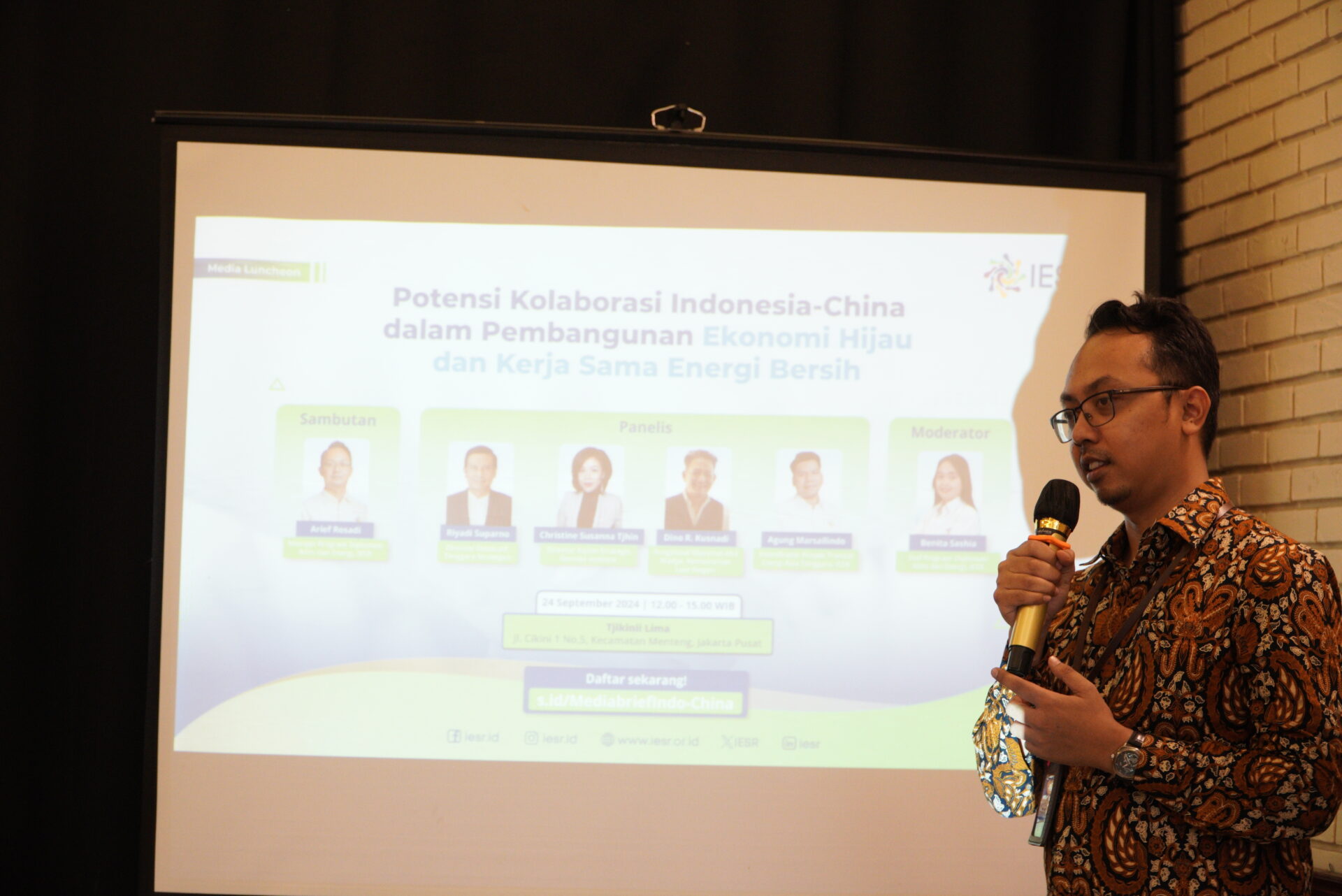
Arief Rosadi, Program Manager of Climate and Energy Diplomacy at IESR, noted that the opportunity to increase China’s renewable energy investment in Indonesia is wide open. This aligns with China’s commitment to supporting the development of environmentally friendly energy in developing countries. Additionally, Indonesia’s commitment to achieving net-zero emissions (NZE) by 2060 or sooner strengthens the potential for this collaboration.
Arief added that, according to IESR’s study, Indonesia will need an investment of USD 1.3 trillion to reach zero carbon emissions by 2050, which will be allocated across various renewable energy technologies. This substantial investment requires strong international collaboration, including with China.
Agung Marsallindo, Southeast Asia Energy Transition Project Coordinator at IESR, stated that China’s support for Indonesia’s energy transition could take the form of technology and manufacturing collaboration, as well as investment. He noted that China’s green investment is likely to focus on financially viable renewable energy projects, such as solar and wind power. According to Agung, Indonesia has sufficient resources for manufacturing solar power plants (PLTS), backed by low production costs.
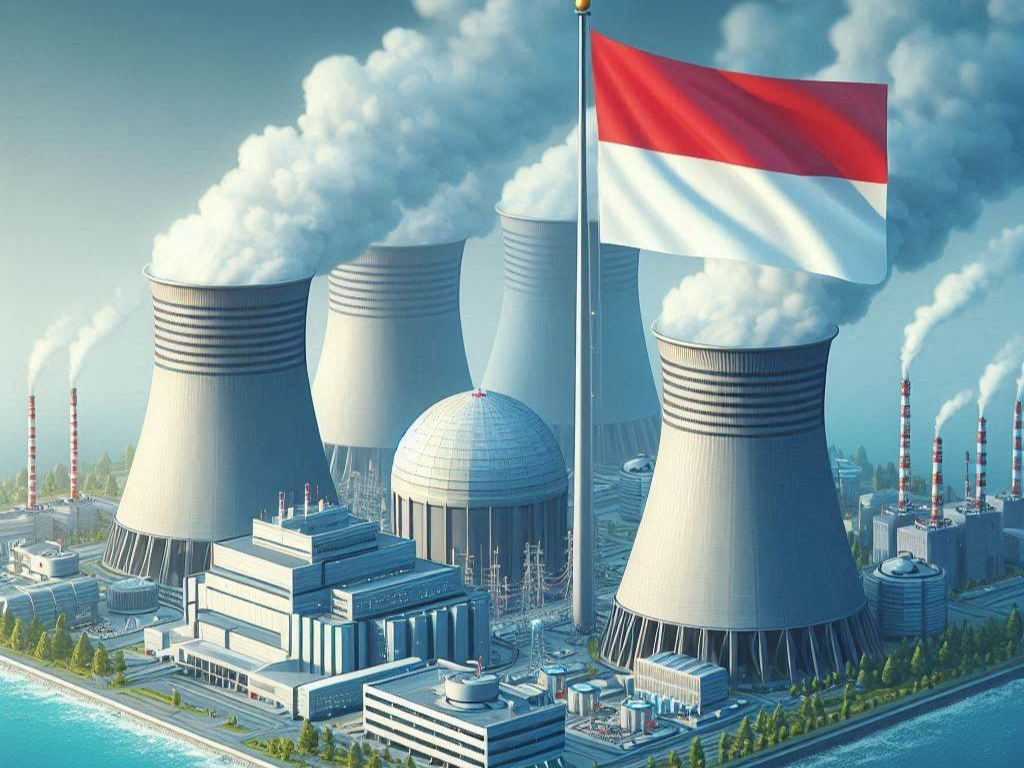
Nuclear For Indonesia Energy
In Indonesia, the nuclear scale is still in the stage as one of the research objects in the laboratory. Nuclear progress to be able to support national energy is limited because there is no legal umbrella. Nuclear in Indonesia is classified as one of the new energies.
Currently, although on a laboratory scale for research, Indonesia has taken various steps to include nuclear. One of them is through the EBT Bill which is still under discussion in parliament. Some other steps are through PT ThorCon Power Indonesia by submitting a nuclear power plant proposal to Indonesia. Contains preparations for the implementation of the TMSR500 as a candidate for the first power plant in Indonesia.
The TMSR500 is a molten salt reactor (MSR) that has two reactor modules with a power of 550MWth each, which can generate 500MWe of electricity. This momentum is a good step in Indonesia’s energy mix. However, the process of making efforts to mix the nuclear sector will only be possible if the NRE Bill is passed.
Before the NRE Law is valid, Indonesia still does not have a view on nuclear plants, even though the blueprint is ready. This is one of the challenges faced today, not related to resources, but bureaucracy, which is also a hindering indicator for developing countries.
#zonaebt #sebarterbarukan #ebtheroes
Editor: Savira Oktavia
Reference
IESR 2024, Ulas Efektivitas Alokasi APBN untuk Transisi Energi
IESR 2024, Mendalami Kerja Sama Indonesia-Tiongkok untuk Percepat Transisi Energi





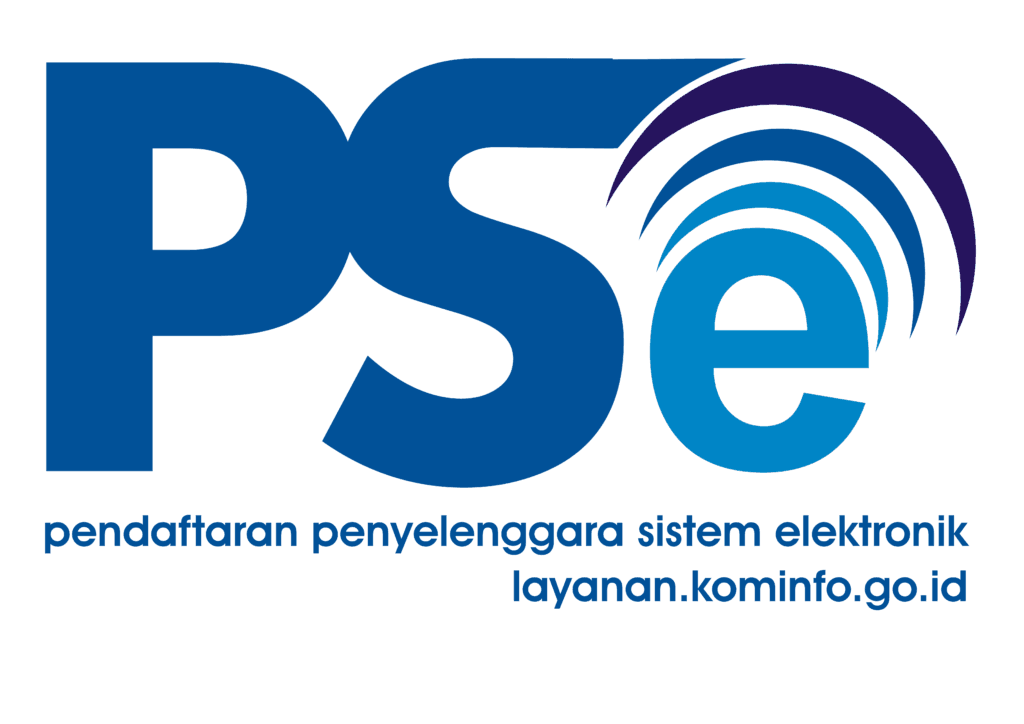
Comment closed